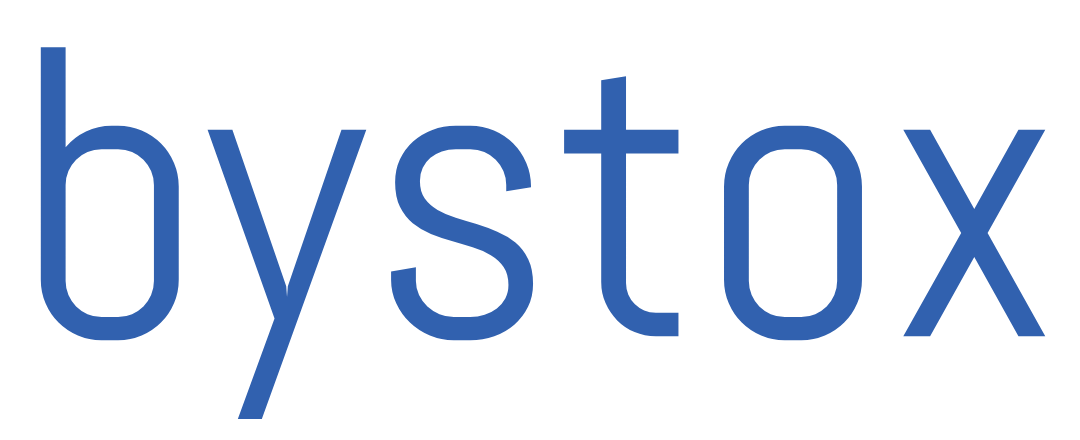A report jointly conducted by Bain & Company and HeathQuad projects that India’s healthcare innovation market could see a twofold increase, reaching $60 billion by fiscal year 2028.
In FY23, the overall Indian healthcare market stood at approximately $180 billion, with healthcare innovation contributing $30 billion, equivalent to 15% of the market. While pharma services and healthtech dominate the healthcare innovation landscape, emerging sectors like biotech and medtech also exhibit promising growth potential.
The Indian pharma services market, valued at around $16 billion in FY 2023, witnessed a significant portion of its revenue, approximately 85-90%, driven by exports. Within this sector, contract development and manufacturing organizations (CDMOs) experienced substantial growth, benefitting from various factors such as the redirection of global supply chains away from China and enhancements in capacity.
The healthtech market experienced a remarkable surge, more than doubling to $7 billion in FY23 within a span of three years. This growth, attributed to the COVID-19 pandemic and the increasing demand for efficiency in healthcare, has propelled healthtech to capture approximately 25% of the overall healthcare innovation sector, according to the report.
In FY23, the vaccines and biotech market, valued at approximately $4 billion, represented about 15% of the total innovation market. Its growth over the past three years was predominantly fueled by exports, with India emerging as a global vaccine powerhouse meeting around 60% of the global vaccine demand.
India’s medtech industry, constituting a $11 billion market in total, relied heavily on imports, with nearly 80% of its revenues originating from overseas. The industry players contributed approximately $2.5 billion to the market in FY23, up from approximately $1.8 billion in FY 2020, as outlined in the report.
Investments in the healthcare industry have remained steady, with 80-90% of deal volume allocated to seed and early-stage VC rounds, while 3-7% is directed towards late-stage rounds, and less than 5% in late-stage PE and other deals.
Notable investments in this sector include online pharmacy giant PharmEasy, which secured over $2 billion in total funding across more than 10 rounds, and digital health and wellness platform HealthifyMe, which raised upwards of $110 million across five rounds.
However, recent trends indicate a heightened focus among investors on positive unit economics, attributed to increased interest rates and global macroeconomic uncertainties, leading to a more cautious investment approach.
Enterprise-facing segments addressing operational efficiencies or supply chain constraints have garnered significant investor attention due to their potential for robust unit economics, substantial total addressable market, and widespread market acceptance.
This trend was evident in deals like Medika-bazaar, a B2B e-commerce platform, which secured approximately $65 million in FY 2023, and clinical data analytics firm THB, which raised around $20 million during the same period.
While recent years have witnessed substantial innovation across various segments, there is also a possibility of consolidation within these segments, particularly for smaller businesses lacking adequate funding or a clear pathway to profitability, as highlighted in the report.


Comments are closed.